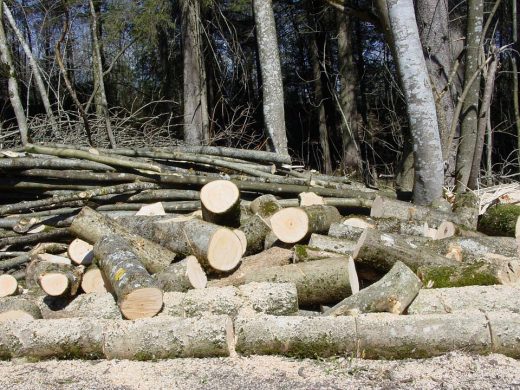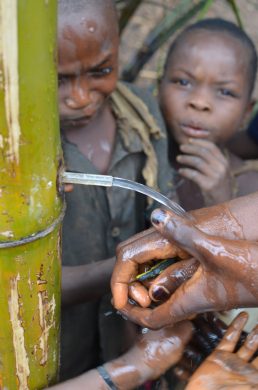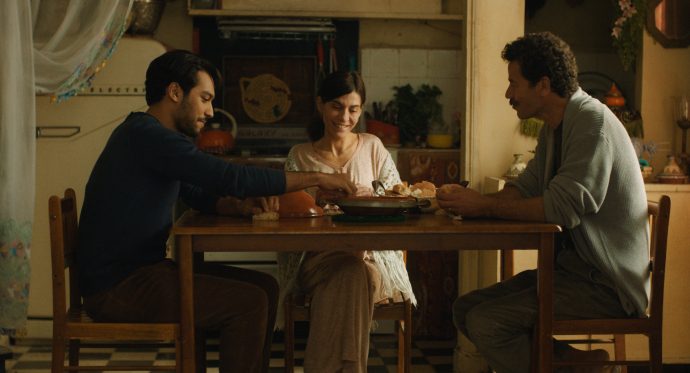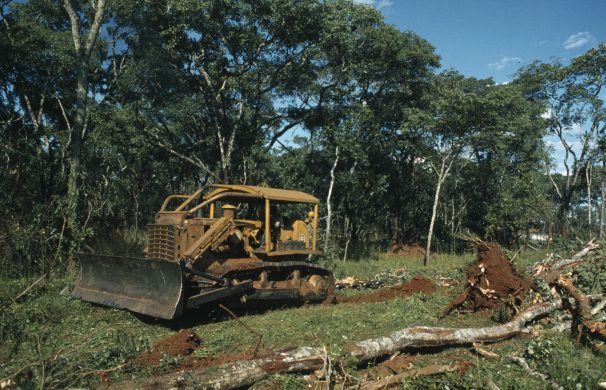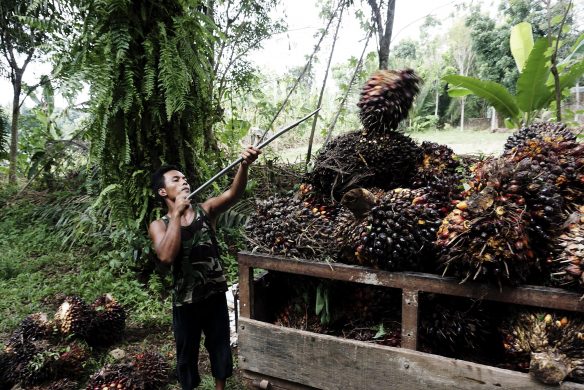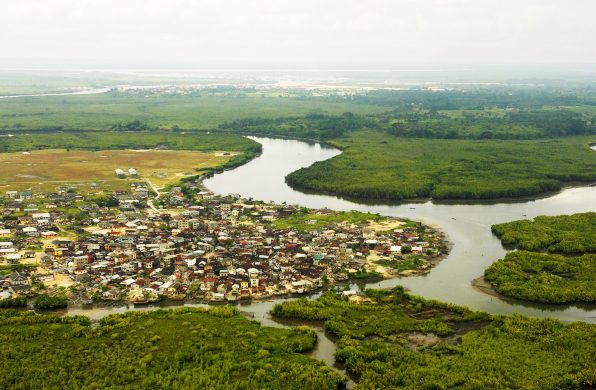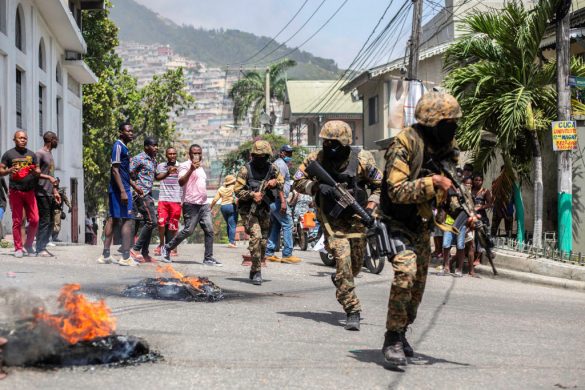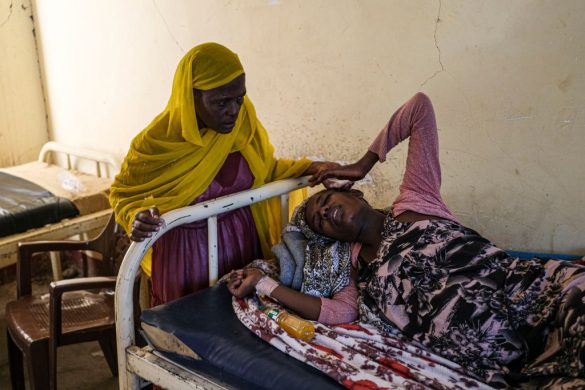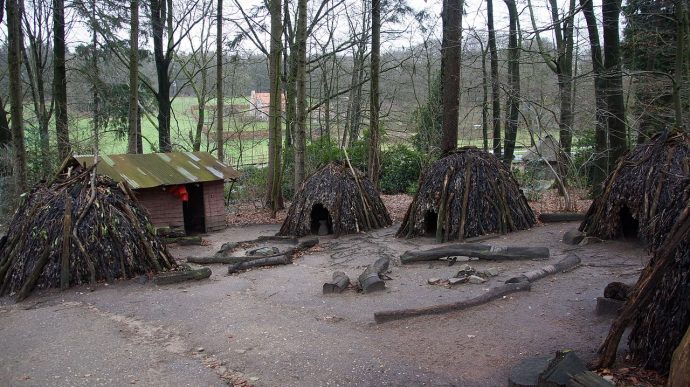Det fremgår af et opslag på FERNs hjemmeside.
The Observatoire Congolais des Droits de l’Homme (OCDH), one of Fern’s local partners in the Republic of Congo, has published a briefing note on the deaths of at least 100 indigenous children living in the Mbanza village inside a CIB-OLAM logging concession.
An OCDH field mission in July 2017 investigated the causes of the deaths and found many indications linking the Mbanza tragedy to environmental degradation caused by the logging company’s construction of a road, resulting in the spread of infectious diseases and the proliferation of mosquitoes.
Risks not properly assessed
The briefing alleges that, in deciding to open a forest road in a wetland, CIB-OLAM did not properly assess the risks to the entire community.
CIB-OLAM considers that no causal relationship exists between the road and the malaria epidemic.
OCDH and the indigenous peoples network in Congo (RENAPAC) believe that CIB-OLAM’s lack of care constitutes a violation of indigenous peoples’ rights enshrined in existing legislation, including Voluntary Partnership Agreement (VPA) commitments and Forest Stewardship Council (FSC) Principles.
Notably, CIB-OLAM holds an FSC certificate, and the Republic of Congo is an EU VPA partner. The civil society organisations are asking for additional medical expertise to ascertain the causal link between the children’s deaths and the road, so that communities could be compensated.

